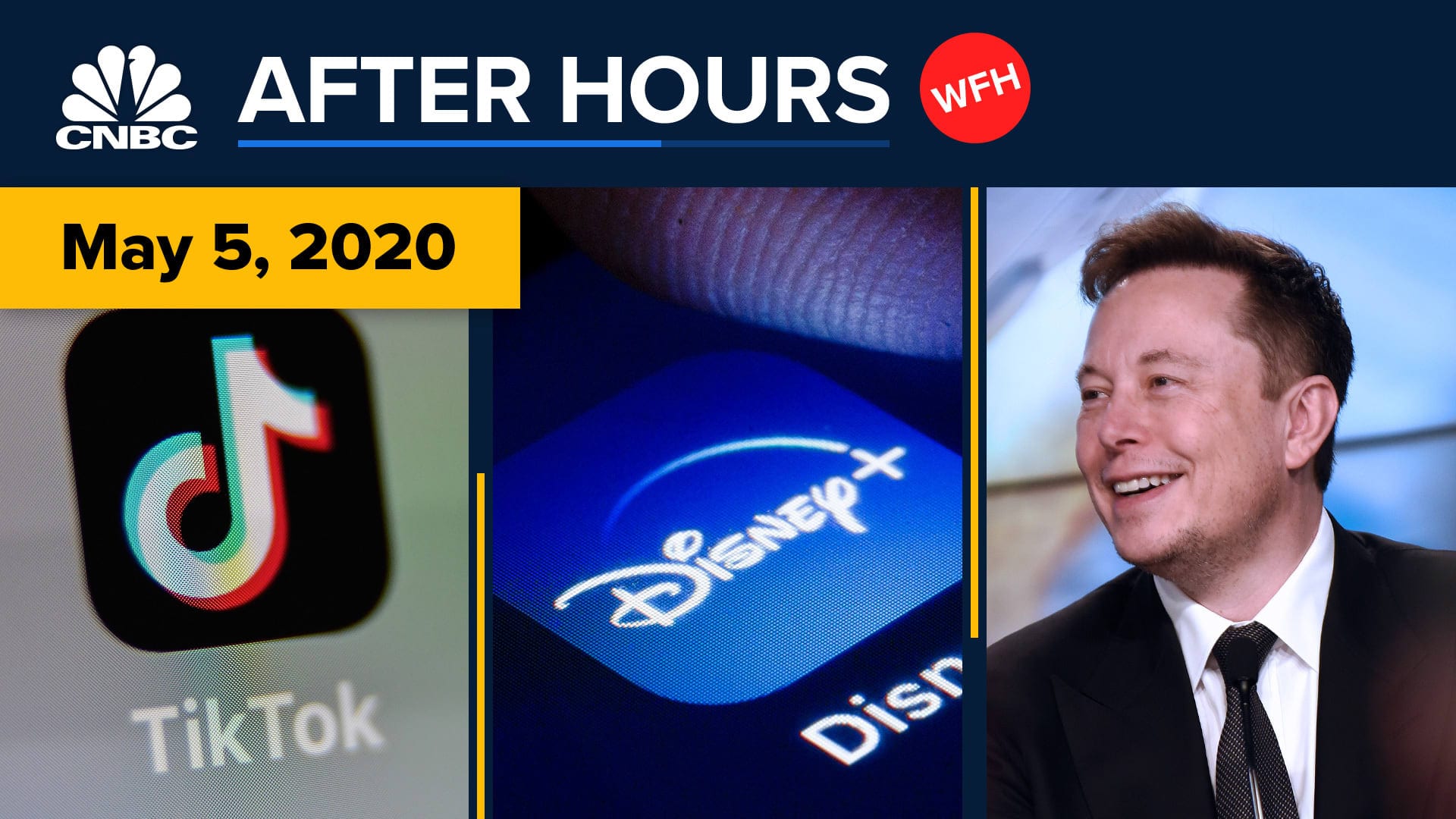[ad_1]
The escalating coronavirus pandemic has ushered in a new era of stock market volatility, as investors come to terms with consecutive history-making daily swings. But it has also shone a spotlight on a promising investment opportunity — one that’s been winning the hearts of millennials.
Sustainable investments — those focused on companies with strong environmental, social and corporate governance (ESG) principles — outperformed their conventional counterparts in the first quarter of 2020, even as the outbreak sent markets crashing.
In the first three months of the year, 70% of sustainable equity funds recorded returns in the top halves of their broad-based peer group, according to investment research firm Morningstar. Of those, 44% scored within the top quartile. When the full extent of the pandemic became clear in early March, ESG-aware companies outperformed other stocks by up to 5.7%, HSBC found.
To be sure, sustainable funds still suffered heavy losses amid last month’s downturn. However, the losses were notably lower than that among traditional funds. Morningstar’s head of sustainability research, Jon Hale, said that has a lot to do with the underlying principles of ESG-focused companies, which place customers and employees at the fore.
“It’s very simple, really — companies truly focused on the well-being of their workers and customers are able to make the right decisions more quickly in a major crisis like this one,” Hale told CNBC Make It.
Sustainable investing
That focus on doing right has been gaining traction over recent years as traditional capitalism, which positions shareholder returns above all else, has fallen out of favor. In its place has emerged a new term: Stakeholder capitalism, which attributes equal value to all stakeholders, from customers to employees and suppliers.
Environmental, social and corporate governance principles are central to that. Yet, the ESG category has failed to take off broadly due to assumptions that sustainable values mean lower financial returns.
In a 2019 study, Morgan Stanley found eight in 10 individual investors were interested in sustainable investing, though just over half (52%) were actually pursuing them over concerns of a financial trade-off. Among millennials, those figures were even higher, with 95% interested and two-thirds (67%) actively investing in sustainable products.
However, the tide could be turning.
Coronavirus driving change
Last year, shares of the 100 companies on Barron’s “America’s Most Sustainable Companies” list returned 34.3% on average, beating the S&P 500’s 31.5%.
The latest Morningstar stats now provide investors a “more complete picture” of how ESG stocks perform in a downturn, Hale said.
Samantha Azzarello, chief strategist at JPMorgan, said that uptick could be accelerated by the coronavirus as investors — both institutional and millennial — become more “accountable” for which companies the back.
“From a moral and societal perspective, the coronavirus pandemic has highlighted to many people how we are all in this together,” said Azzarello. “How companies are built to respond to the crisis and support customers, employees and communities at large is very front and center right now.”
Getting started
Those shifts could drive up demand for the burgeoning investment category, particularly among millennials, Arturo Tabuenca, founder of ESG investment firm Earth Folio, told CNBC Make It.
“An overwhelming percentage of millennials are interested in ESG investing,” he said. “That makes perfect sense when you consider these young investors have experienced two major economic downturns in the last 12 years: One governance-related and the other social/health-related.”
Those interested in ESG investments should start by understanding the options available, said Tabuenca. Some ESG funds, for instance, proactively work toward certain ESG goals while others simply exclude negative ESG behaviors.
What is true for investing more broadly is also true for ESG
Samantha Azzarello
chief market strategist, JP Morgan Asset Management
Next, figure out your preferred fund type, noted Elson Goh, head of investment for Singapore at St James’ Place Wealth Management.
“There are many funds which can offer investors opportunities, and some of these arise from a shift to a more sustainable world — the transition to clean energy, advancement in health care technology and the mitigation of climate change, to name a few,” said Goh.
Finally, be sure to diversify your portfolio, noted Azzarello. These days, you can access the vast majority of asset classes, from equities to bonds and alternatives, via ESG products. Alternatively, you can opt for a mix of ESG and non-ESG options.
“Regardless of the type of investment strategy chosen, what is true for investing more broadly is also true for ESG: We want to be diversified,” she said.
Don’t miss: ‘Once in a decade’ opportunity: Financial experts’ advice for investing in the market downturn
Like this story? Subscribe to CNBC Make It on YouTube!
















